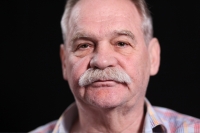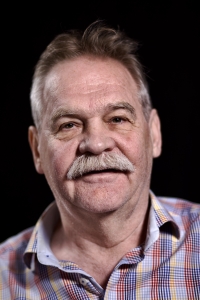During the 1950’s, one could resist somehow but normalisation took all the hope away
Josef Holcman was born on the 6th of March in 1952 in Kyjov. His grandfather was a member of the Interim National Assembly and in 1949, he spent almost a year in the Cejl prison in Brno where he was subjected to torture. The witness’ father was the chairman of the Local National Committee in Skoronice where the family lived until the mid-seventies. In 1959, witness’ father agreed to join the Unified Agricultural Cooperative which he later regretted. All the remaining farmers of the village followed suit. Josef Holcman managed to get enrolled to the Faculty of Law at the Brno university and after graduating, he became a notary public in Hodonín. He was forced to leave his job and became a judge in Gottwaldov (today’s Zlín) where he specialised in custody cases. In 1988, he publicly criticised occupation by the Soviet army. A year later, due to Josef’s effort, the dissident Stanislav Devátý was released from prison. Nowadays (2021), Josef Holcman is living in Zlín and he is one of the notable local personalities.
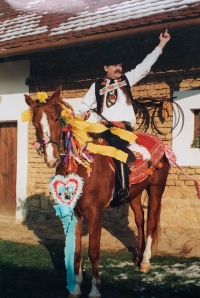
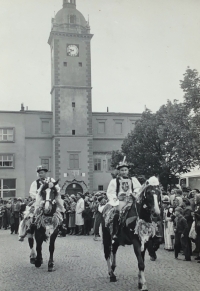
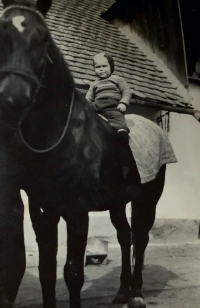
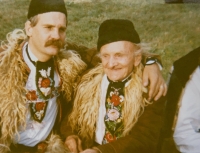
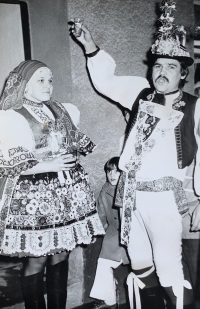
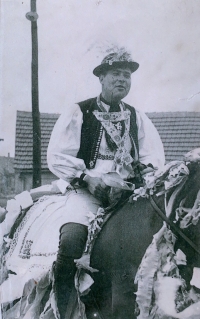
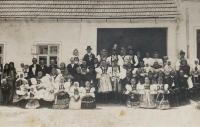
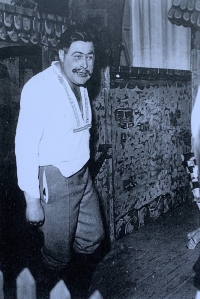
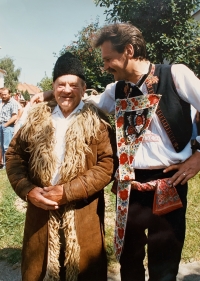
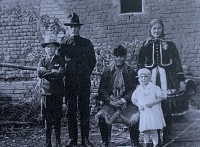
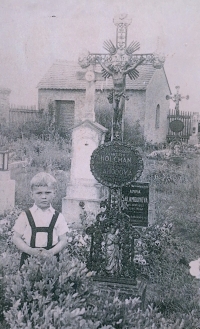
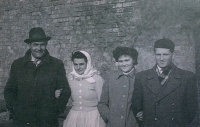
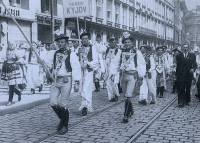
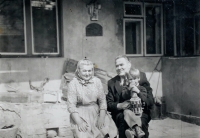
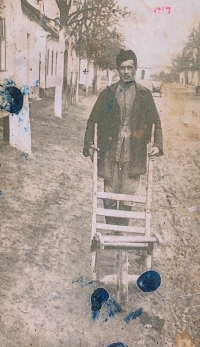
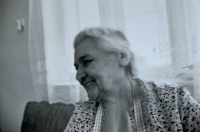
![Slovácký rok [Slovakian Year] folklore festival in Kyjov in 1979. v Kyjově v roce 1979. Far left, Josef Holcman's father Vojtěch](https://www.pametnaroda.cz/sites/default/files/styles/witness_gallery/public/2022-01/H%2023.jpg?itok=kAnon_4k)
